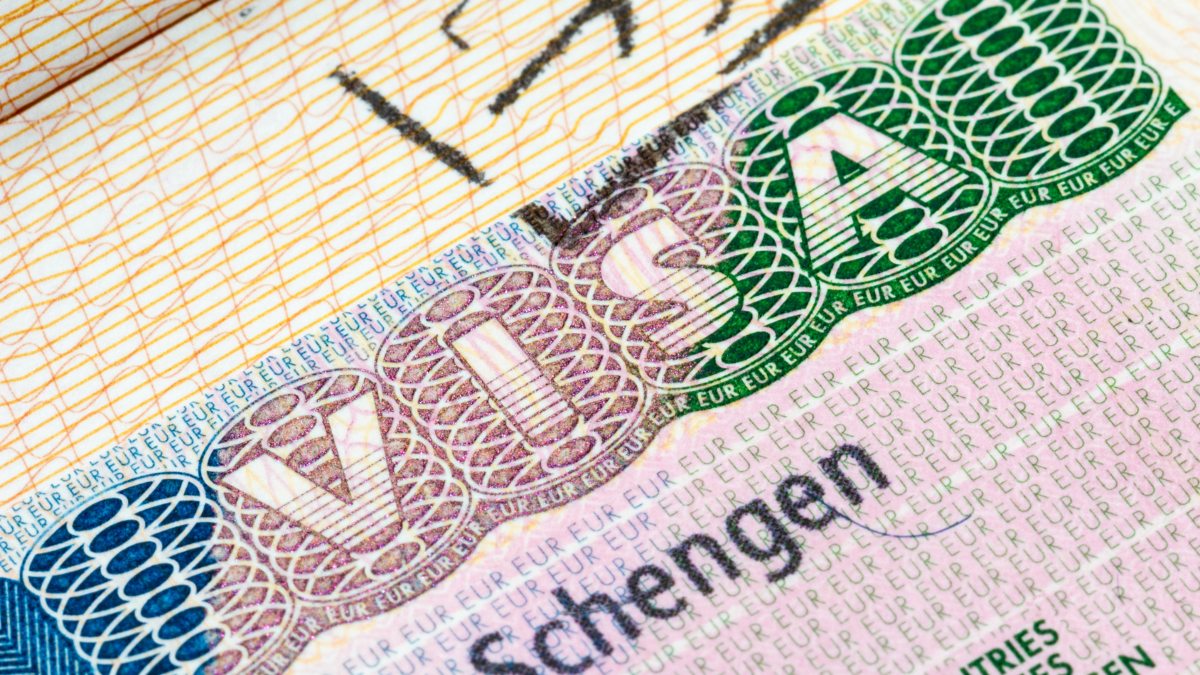Bulgaria and Romania have taken a significant step forward by partially joining Europe’s Schengen area, marking a 13-year journey towards easier travel within the continent. The agreement, which excludes land crossings but includes air and sea travel, was realized despite opposition from Austria, citing concerns about irregular migration.
The lifting of controls at air and sea borders on Sunday holds practical and symbolic value for both countries. “Of course this is a very beautiful achievement for Bulgaria which makes things easier for us, as Bulgarians,” said Mincho Yurukov, a traveler arriving at Sofia airport from Berlin.
The Schengen area, established in 1985, enables more than 400 million Europeans to move freely without internal border checks. With the inclusion of Bulgaria and Romania, the Schengen zone now comprises 29 members.
European Commission President Ursula von der Leyen hailed the move, stating, “I welcome the lifting of internal air and sea border checks. This is a great success for both countries.”
However, while some celebrate, truck drivers face challenges. Long queues at borders with neighboring European countries have prompted calls for urgent measures for full Schengen integration. Radu Dinescu, secretary-general of Romania’s main road transport union, UNTRR, emphasized the financial toll of long waits at borders.
Despite the challenges, officials from both countries have expressed determination to move forward. Romanian Interior Minister Catalin Predoiu asserted that the process is irreversible, aiming for completion by 2024, including extension to land borders.
Migration management remains a key concern for Austria, influencing the exclusion of land borders from Schengen rules for Bulgaria and Romania. Both countries have committed to enhancing border security measures, including joining a regional police initiative and receiving increased support from the EU’s border agency, Frontex.
Bulgaria’s Interior Minister Kalin Stoyanov highlighted aspirations for full Schengen membership by the end of the year, emphasizing the removal of border checkpoints for road and rail travel. Similarly, Romania aims to conclude negotiations on land borders in the same timeframe, showing a firm commitment to the integration process.






